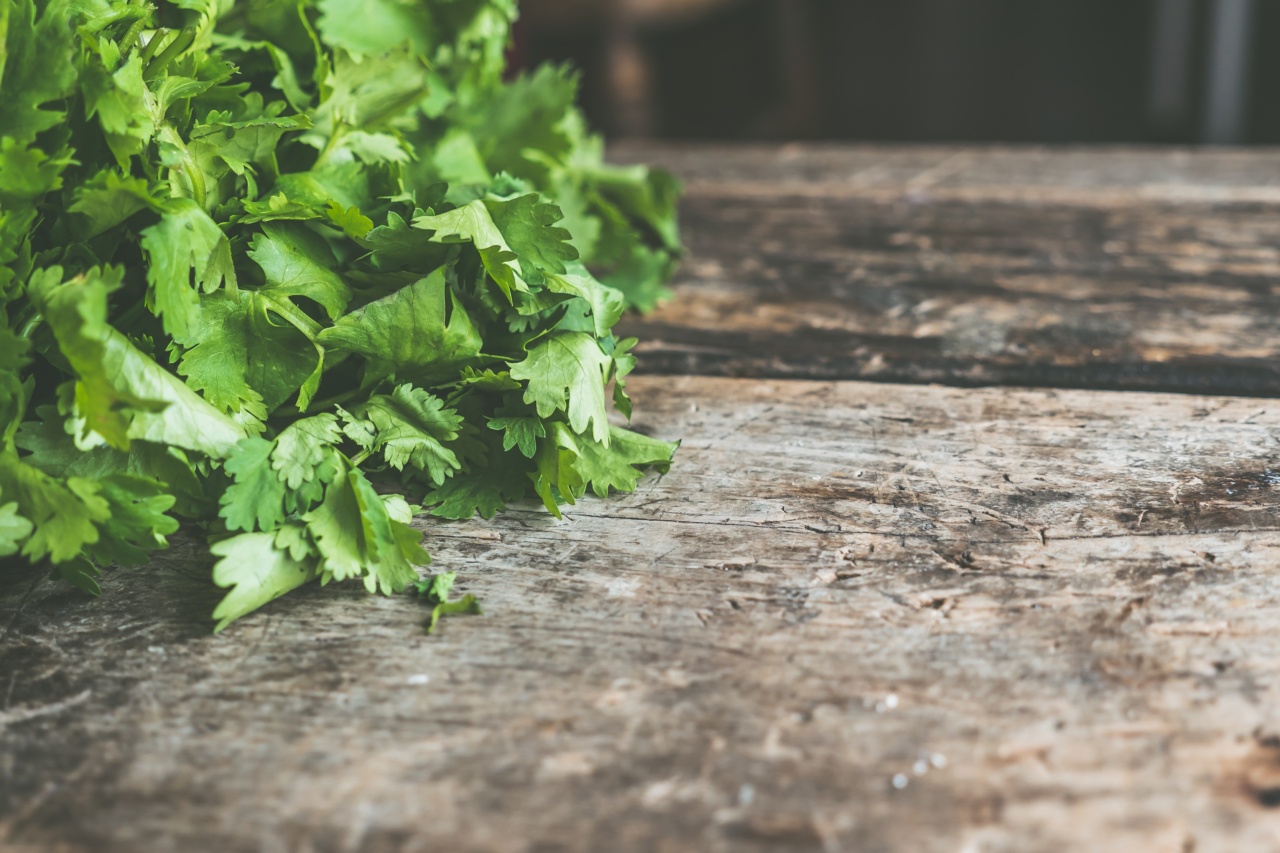When you bring a new puppy into your home, it is important to establish healthy eating habits right from the start. A well-balanced diet plays a significant role in promoting your puppy’s growth and overall health.
By providing nutritious meals and maintaining a consistent feeding schedule, you can ensure that your puppy grows into a strong and happy dog. In this article, we will explore some essential guidelines to help you foster healthy eating habits for your puppy’s growth.
1. Choose a High-Quality Puppy Food
One of the most important aspects of establishing healthy eating habits for your puppy is selecting the right food. Look for a high-quality puppy food that is specifically formulated to meet the nutritional needs of growing dogs.
Avoid generic or low-quality brands that may contain fillers or artificial additives.
2. Consult Your Veterinarian
Before making any changes to your puppy’s diet, it is advisable to consult with your veterinarian.
They can provide valuable insight into your puppy’s specific nutritional requirements based on factors such as breed, size, and activity level. Your vet can also recommend the appropriate portion sizes and feeding frequency.
3. Establish a Feeding Schedule
Establishing a consistent feeding schedule is crucial for fostering healthy eating habits. Puppies thrive on routine, so try to feed them at the same times each day.
Split their daily food allowance into several meals to help prevent overeating or digestive issues. As your puppy grows, you can gradually transition to fewer meals per day.
4. Measure Food Portions
When it comes to feeding your puppy, it is important to measure their food portions accurately. Follow the guidelines provided by the manufacturer or consult your vet for recommended portion sizes based on your puppy’s age and weight.
Avoid free-feeding, where you leave food available all day, as puppies may overeat and develop obesity-related problems.
5. Monitor Your Puppy’s Weight
Regularly monitor your puppy’s weight to ensure they are growing at a healthy rate. Excessive weight gain or loss can indicate an imbalance in their diet or potential health issues.
If you notice any sudden changes in your puppy’s weight, consult your veterinarian for further evaluation and guidance.
6. Offer Fresh Water
Provide your puppy with clean and fresh water at all times. Hydration is essential for their overall health and digestion. Keep their water bowl easily accessible and refill it regularly throughout the day.
7. Incorporate Variety
While consistency is important, it is also beneficial to introduce variety into your puppy’s diet. This can help to prevent food boredom and ensure they receive a wide range of essential nutrients.
Consider rotating between different flavors or brands of high-quality puppy food to provide a balanced and enjoyable eating experience for your furry friend.
8. Avoid Table Scraps and Unhealthy Treats
Although it may be tempting to share your meals with your puppy or offer them table scraps, it is best to avoid doing so. Human food often contains ingredients that can be harmful to dogs and disrupt their digestive system.
Additionally, unhealthy treats and excessive snacking can lead to weight gain and other health issues. Stick to specially formulated dog treats or consult your veterinarian for appropriate treat options.
9. Keep Your Puppy Active
Regular exercise and physical activity are key components of fostering healthy eating habits for your puppy. Exercise helps to maintain a healthy metabolism and promotes proper digestion.
A sedentary lifestyle can lead to weight gain and digestive problems. Engage in interactive play sessions and daily walks to keep your puppy active and ensure their overall well-being.
10. Monitor Allergies and Dietary Restrictions
Just like humans, dogs can have allergies or dietary restrictions. Pay attention to any signs of food allergies or intolerances in your puppy, such as vomiting, diarrhea, or excessive itching.
If you suspect an issue, consult with your veterinarian to determine the best course of action. They can recommend hypoallergenic or specialized diets if necessary.






























